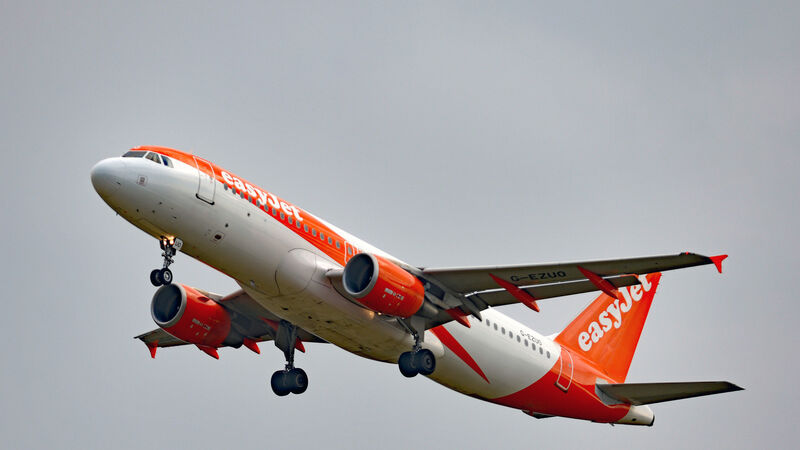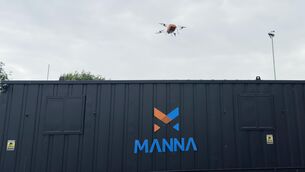EasyJet sees return to capacity next summer despite inflation crisis

EasyJet plans to offer 38 million seats in the first half of the year and 56 million in the second, reaching pre-pandemic levels in the fourth quarter starting in July. Picture: Nicholas T Ansell/ PA
EasyJet has said enduring demand for discounted flights should allow it to return to pre-pandemic levels of capacity by next summer, even as soaring inflation weighs on household incomes.
Early bookings for the second half starting April “look positive”, with ticket prices and occupancy for Easter stronger than a year ago, EasyJet said. At the same time, the company reiterated that it has very low visibility into next year.















